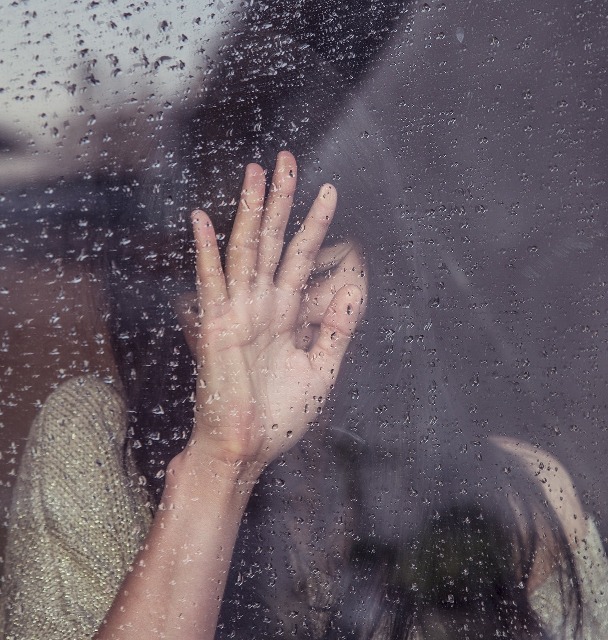Every morning I cry.
Sometimes it’s an all-out, can’t breathe, smother-my-face-with-a-pillow sob fest.
Then there are moments when the tears well up silently and fall steadily, without warning.
It’s not a pastime I would have chosen for myself or even one that I’m particularly excited about. But every day for the past five months I have a good ol’ cry.
It all started with a breakup—as most good cries often do. And a long-distance one, which seemed to cut deeper. I found myself on the floor of my California bedroom, wailing into my bedspread, gripping an iPhone with no voice on the other end: total Lifetime movie moment.
For days the tears were endless.
I tried everything: deep breathing, scathing journal entries, 3 p.m. naps and crappy television shows. I sat under the blistering sun at a trendy, Latin-fusion restaurant blubbering into my enchiladas, drinking my third Caipirinha. I quit my job with zero notice, which gave me even more time to dedicate to crying. Eventually I packed my life into two suitcases and flew the 2,853 miles back home.
I was 32, newly single, unemployed and living back in my parent’s house. The cause of my long-distance heartbreak was now just a 10-minute drive away. I felt completely disconnected from my friends. And I had no clue what my next move was.
It’s the closest I’ve ever felt to broken.
According to family folklore, I was a decidedly unsentimental child. Fits of tears and large displays of emotion (happy or sad) were not my thing. I was loving but reserved, imaginative but stoic. My emotions always floating around my head, or into a notebook—strategically hidden from the world.
I did cry every morning for the first few weeks of kindergarten, but it was a learned behavior. My older sister spent her first three years of school bawling like a baby, so I figured it was just what big kids did when they left home for seven hours a day. As a teenager, the tears usually appeared at appropriately angst-y moments.
When my family relocated from New York to Maryland—tears.
Fighting (once again) with my high school boyfriend—tears.
After watching Titanic for the 2,658th time—too many tears.
And even when crying seemed appropriate, it still felt awkward and uncomfortable in my body. It was never pretty. Just an open wound that refused to clot—streaked makeup and puffy eyes, tears dripping from my chin and sobs trapped in my throat. Letting others see my pain felt weak and vulnerable and embarrassing. I’d always been praised for being strong, for being the one to keep my sh*t together in times of crisis. And I took pride in that title.
But this time felt different. I couldn’t pull myself out of the hole. I couldn’t make the tears stop. So I just gave in.
There are times the tears feel cleansing, like I’m ridding myself of all the grief and stress and pressure of the past few months. Other times it just feels indulgent, like I’m falling deeper and deeper into victim mode. Sometimes I wake up and I don’t feel the need to cry and I think “I’m cured!”
But it always finds me—at the breakfast table, on my yoga mat, two minutes into a hot shower or a good song.
I can’t even count the number of people who have witnessed my tears these days—family members, friends, supermarket cashiers, pizza delivery guys, random drivers at red lights. Where is the off switch when you need it?
But when I’m finished, when there are no more tears left to fall that day, when I accept the heartbreak and fear and ambiguity of my situation there is a freedom—a release. My writing flows better, my chest feels lighter, my smile less forced.
It has become my unlikely therapy.
Life has shifted recently. I found a job I like. I’m dating again. I spend more time writing. But the tears have stayed.
I try not to beat myself up when I fall apart—even when I’m crying into my fancy cocktail and freaking out the waiter. I remind myself the tears are temporary. I remind myself that I don’t always have to keep my sh*t together.
I remind myself that tears can, if I let them, help me redefine what it means to be strong.
Relephant:
The Healing Power of Tears: 5 Poignant Quotes to Move Us Beyond Regret.
Author: Nicole Cameron
Editor: Khara-Jade Warren
Image: Pixabay




Read 22 comments and reply